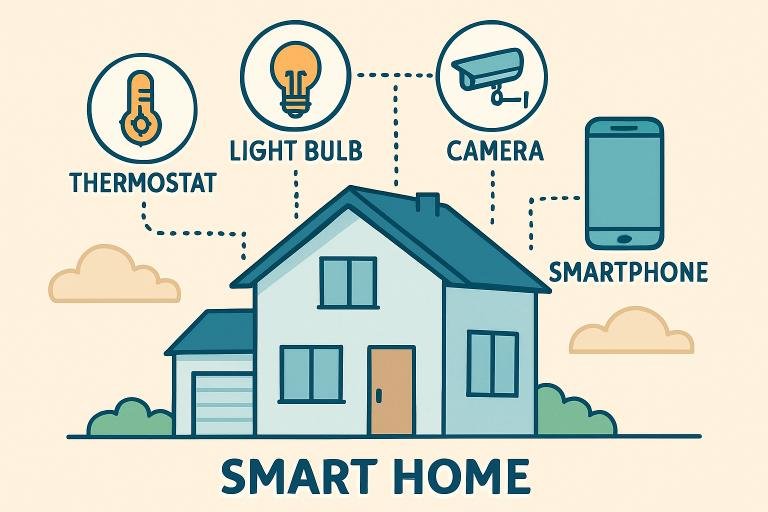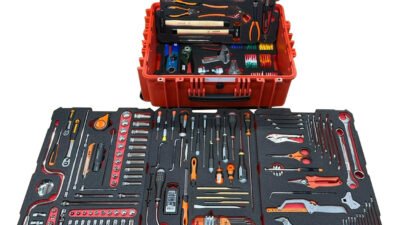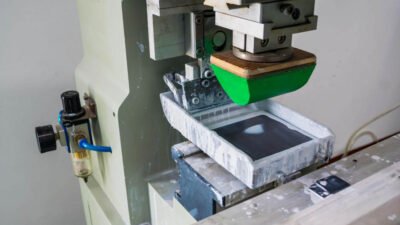Technology is rapidly transforming residential real estate, with home automation and connectivity now seen as essential, not optional, by today’s property buyers. Whether it’s for efficiency, comfort, or peace of mind, the presence of smart features in a home often distinguishes top-tier listings. For those looking to navigate these changing standards, the Durham NC real estate experts Spotlight Realty offer invaluable insights into what matters most to modern buyers. Smart technology is revolutionizing the home market, with buyers increasingly demanding enhanced security, energy management, and personalized user experiences. This shift is particularly pronounced among millennials and Gen Z, who view smart home features as non-negotiable. Sellers must adapt to this trend to stand out in a competitive market and ensure maximum property appeal.
Rising Demand for Smart Homes
The desire for connected living continues to surge. Nearly 80% of those planning to move in the next few years want homes equipped with innovative features. The capability to manage security, temperature, and even household chores remotely isn’t just for tech enthusiasts—it’s now a deciding factor for a broad swath of the market. Buyers are increasingly willing to pay a premium for these amenities, raising the bar for what constitutes a move-in-ready property.
Energy Efficiency and Sustainability
Energy costs and sustainability concerns drive significant interest in home automation. Smart thermostats, high-efficiency appliances, and intelligent lighting systems help homeowners save between 15% and 20% on utility bills. Many buyers explicitly seek green certifications or smart features that help reduce their environmental footprint, viewing these investments as a means to future-proof their homes and lower their monthly expenses.
Enhanced Security Features
Modern buyers prioritize safety more than ever before. Advanced smart security systems—such as app-controlled door locks, live video feeds from cameras, and AI-powered motion detection—give homeowners transparency and absolute peace of mind. These tools not only add convenience but also improve the perceived value of a home. Sellers who offer ready-to-use, integrated security add-ons often find their properties selling more quickly.
Convenience and Automation
The daily routines of homeowners are being reshaped by voice assistants, automated shades, smart kitchens, and even intelligent irrigation systems. Today’s buyers want to control home environments hands-free, whether at home or away. Automations that simplify everything from grocery ordering to setting the mood for movie night have become strong selling points. As AI and IoT continue to evolve, the line between luxury and necessity blurs—especially for busy households and digitally native buyers.
Impact on Property Values
Smart homes generally enjoy higher demand, which can directly boost listing prices. Especially in competitive markets, fully integrated smart homes can attract bigger offers and sell faster than comparable properties without technology upgrades. Urban centers and regions popular with younger, tech-oriented buyers see the most substantial impact, as expectations are highest and the willingness to pay for convenience is most remarkable.
Buyer Demographics and Preferences
It’s not just millennials—Gen Z is emerging as a powerful force in the housing market, and both groups see connected living as essential. Growing up surrounded by digital tools, they swiftly adopt new technologies and expect a seamless experience at home. Properties not equipped with innovative features may struggle to appeal to this buyer segment. By prioritizing smart upgrades, homeowners address evolving needs and future-proof their investments.
Challenges and Considerations
Excellent connectivity comes with increased responsibility. Concerns over privacy and the risk of cyberattacks have become much more visible, as consumers are wary about who has access to their data. Successful smart home ownership now includes understanding cybersecurity basics and choosing devices with robust safeguards. Sellers and agents should also be prepared to educate buyers on integrating and maintaining safe smart home environments.
Conclusion
Smart home technology is reshaping buyer expectations at every stage of the real estate journey. Homes that feature smart energy solutions, advanced security, and automation capabilities aren’t just coveted—they’re quickly becoming the standard. As the market evolves, embracing these innovations offers a strategic advantage for both sellers and buyers looking to thrive in a digitally driven world.



